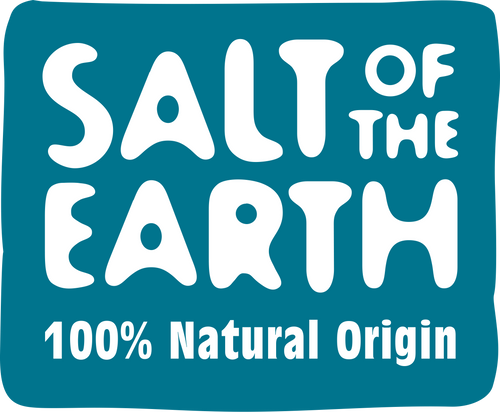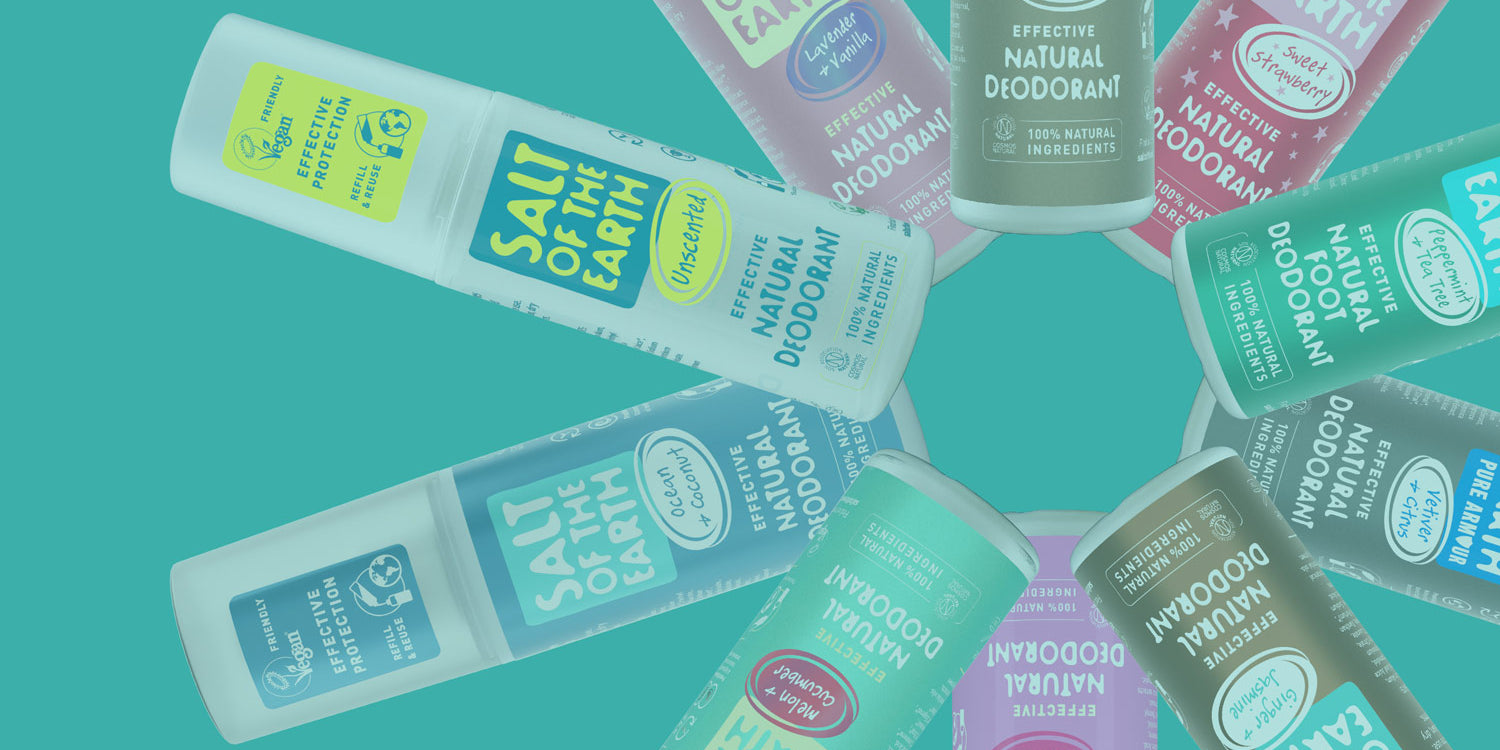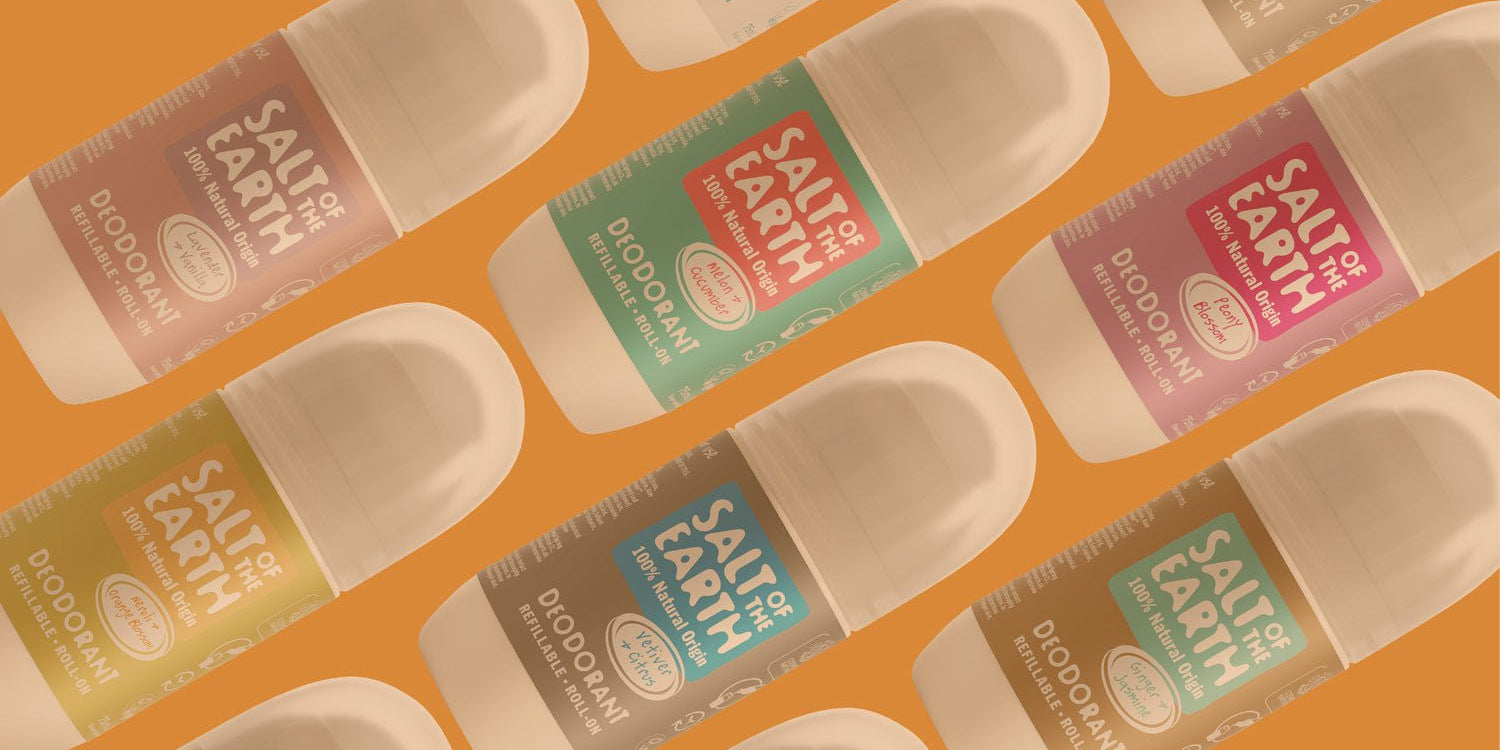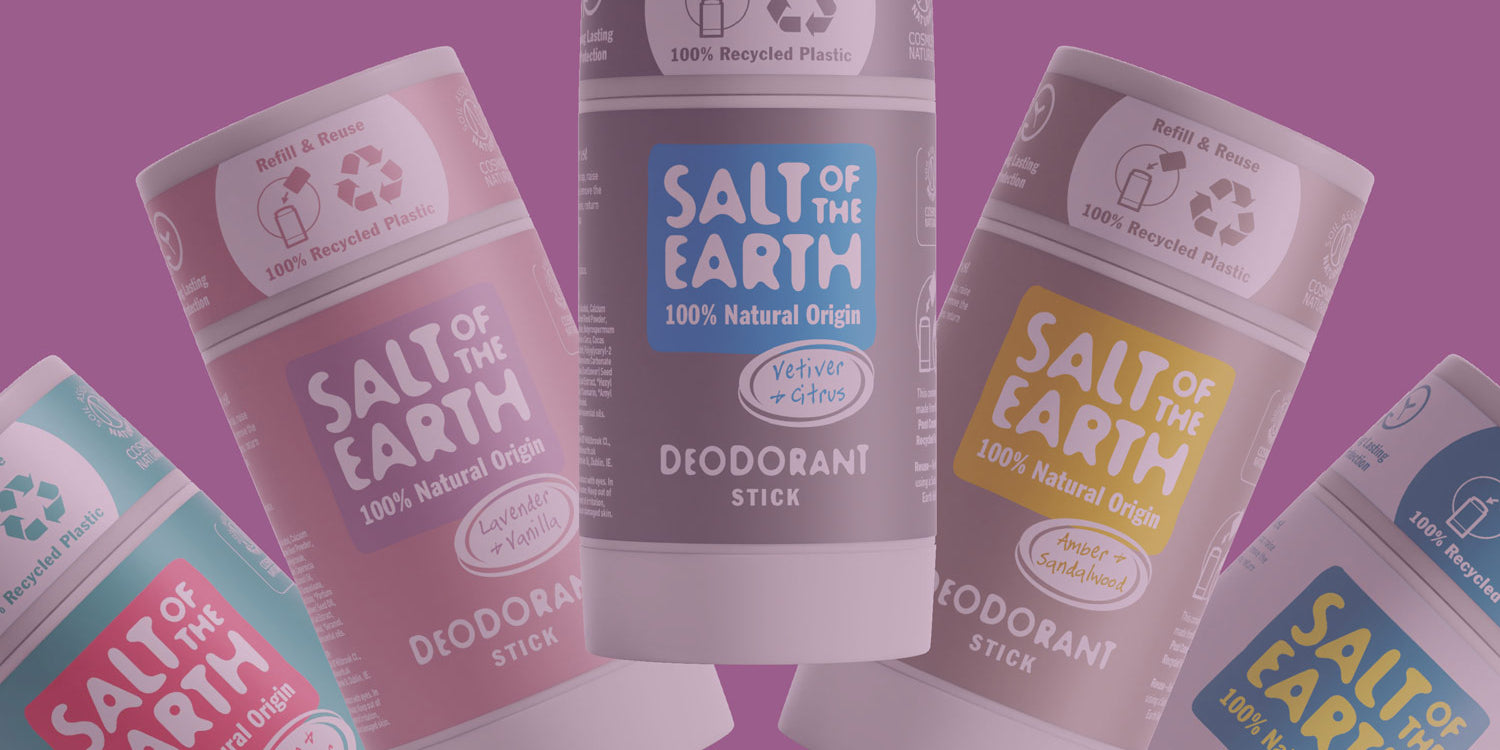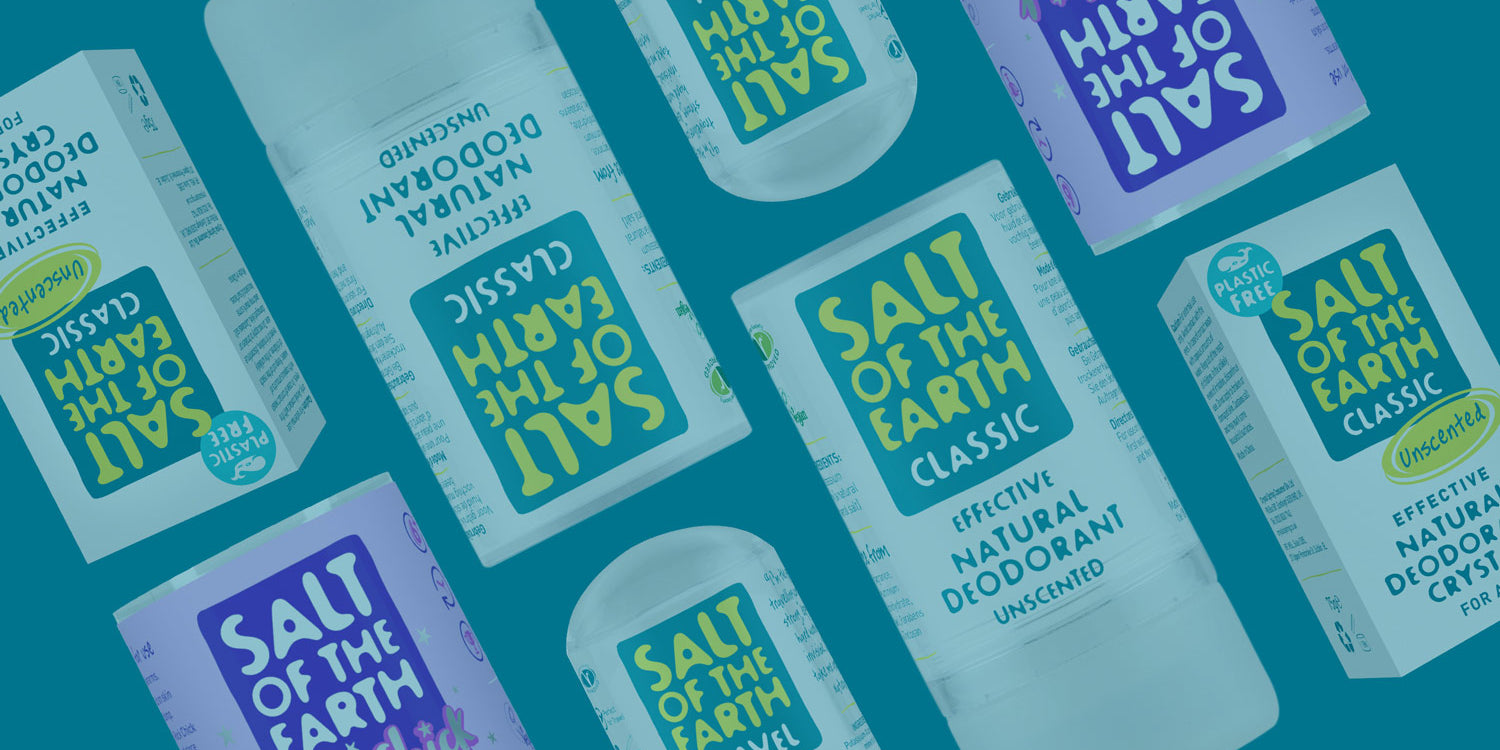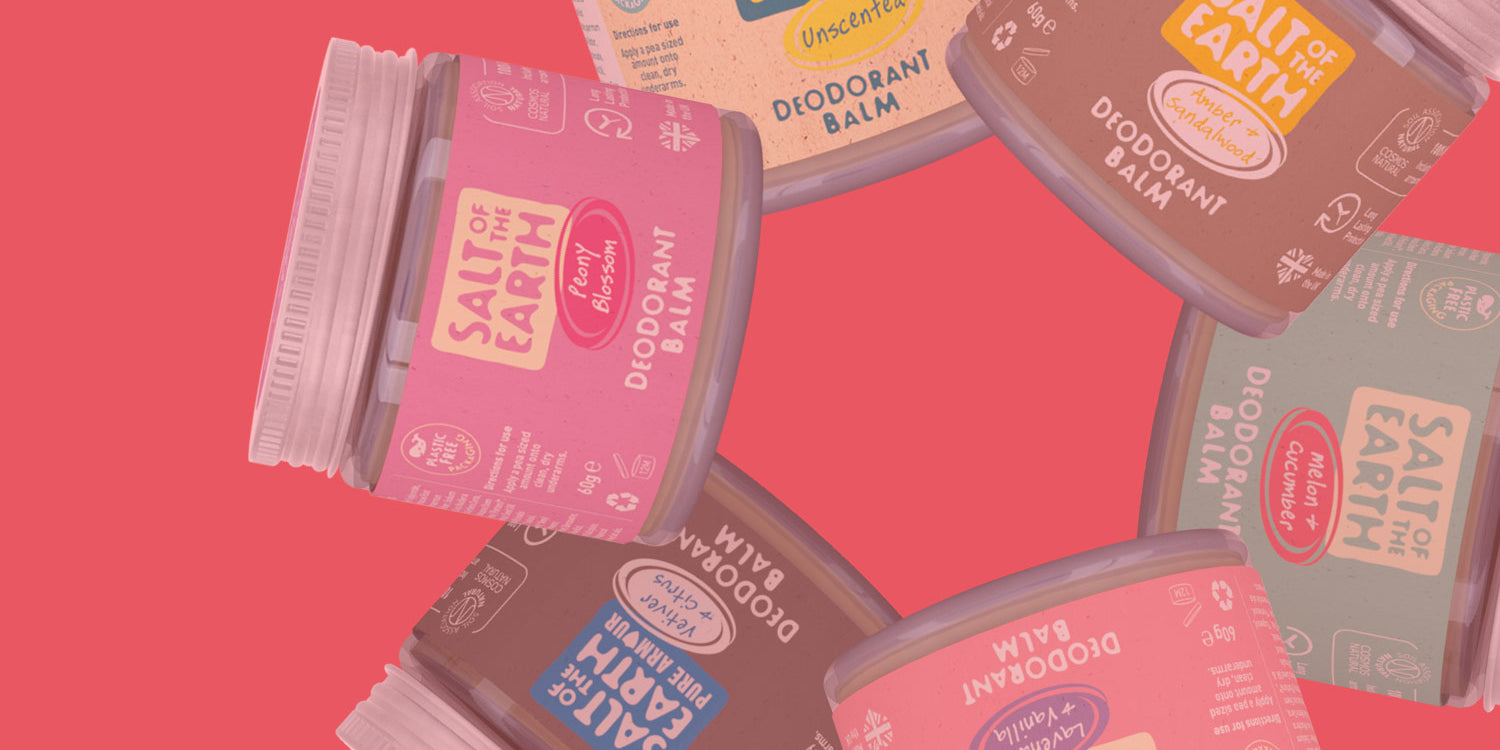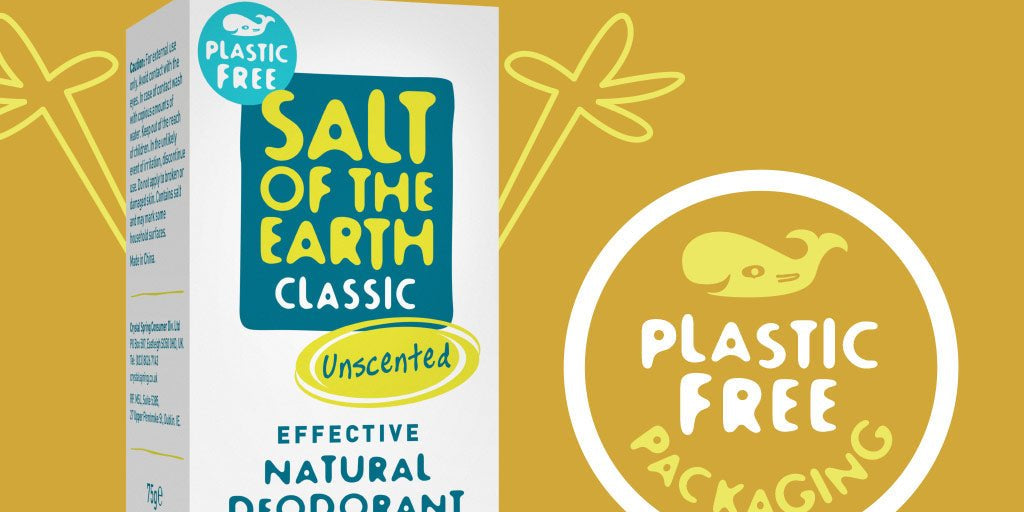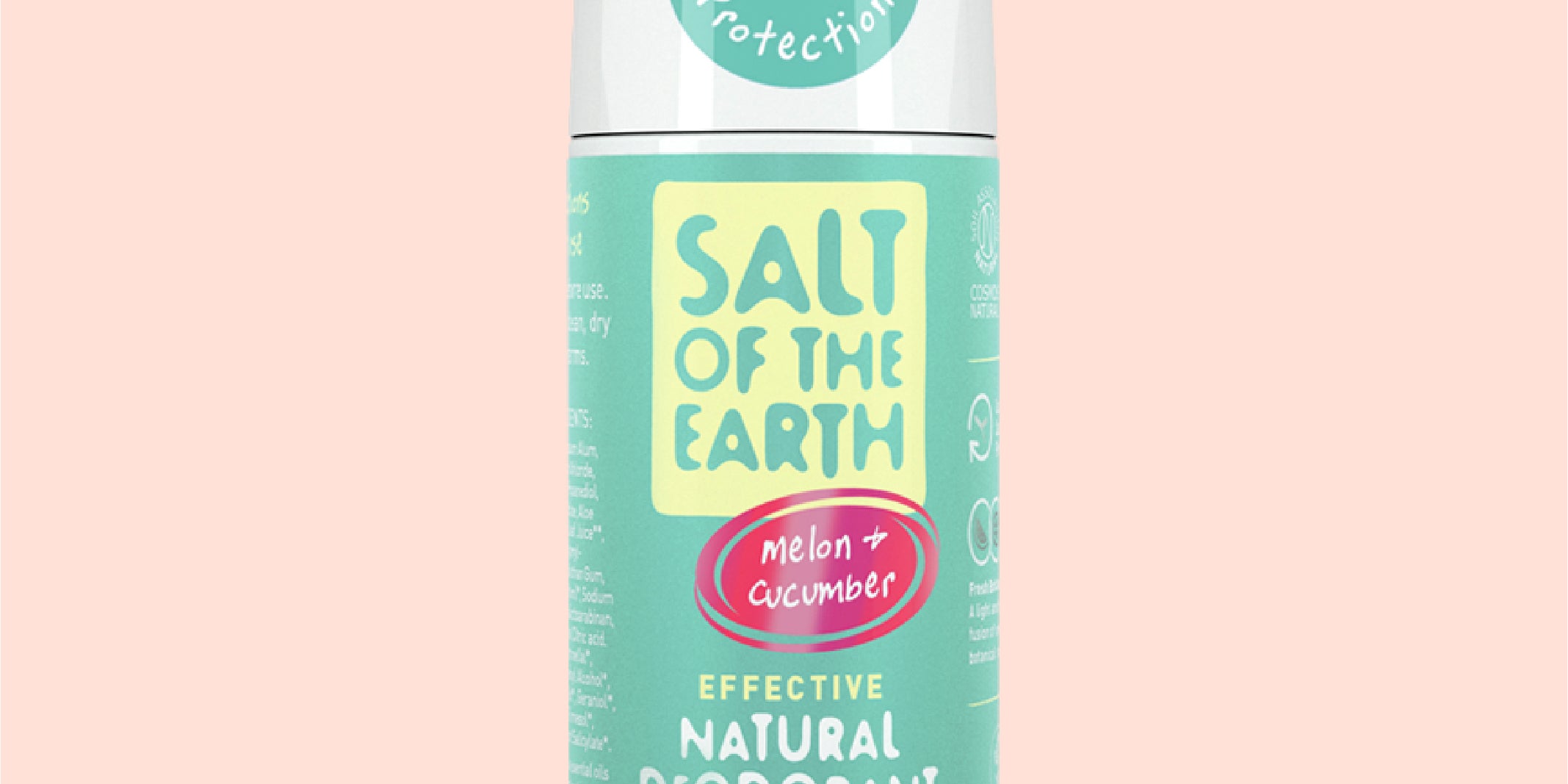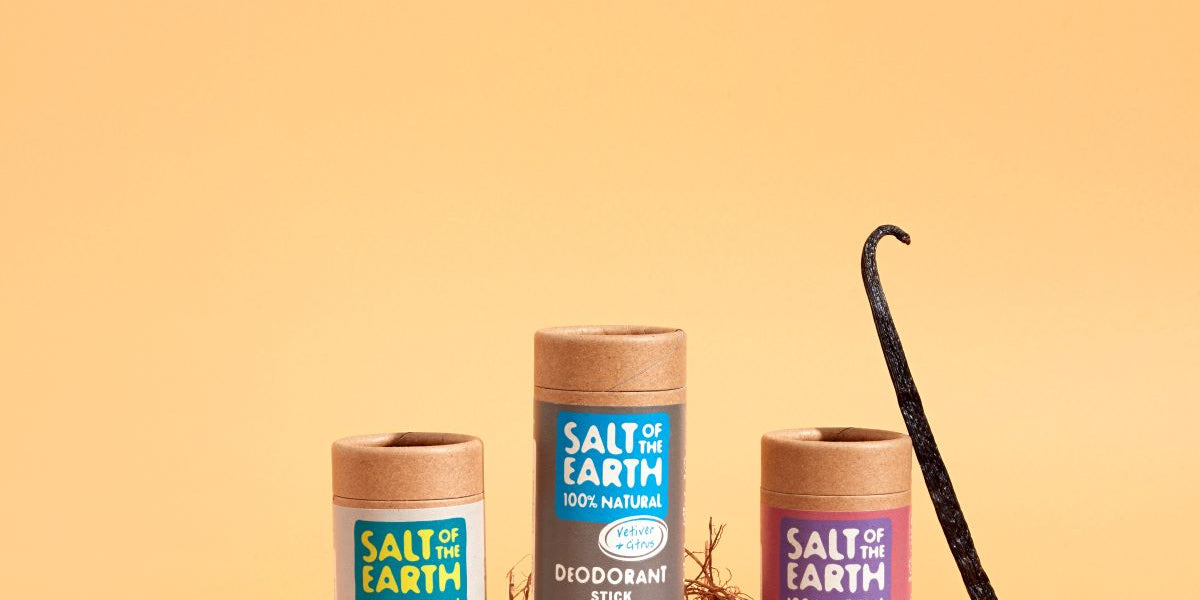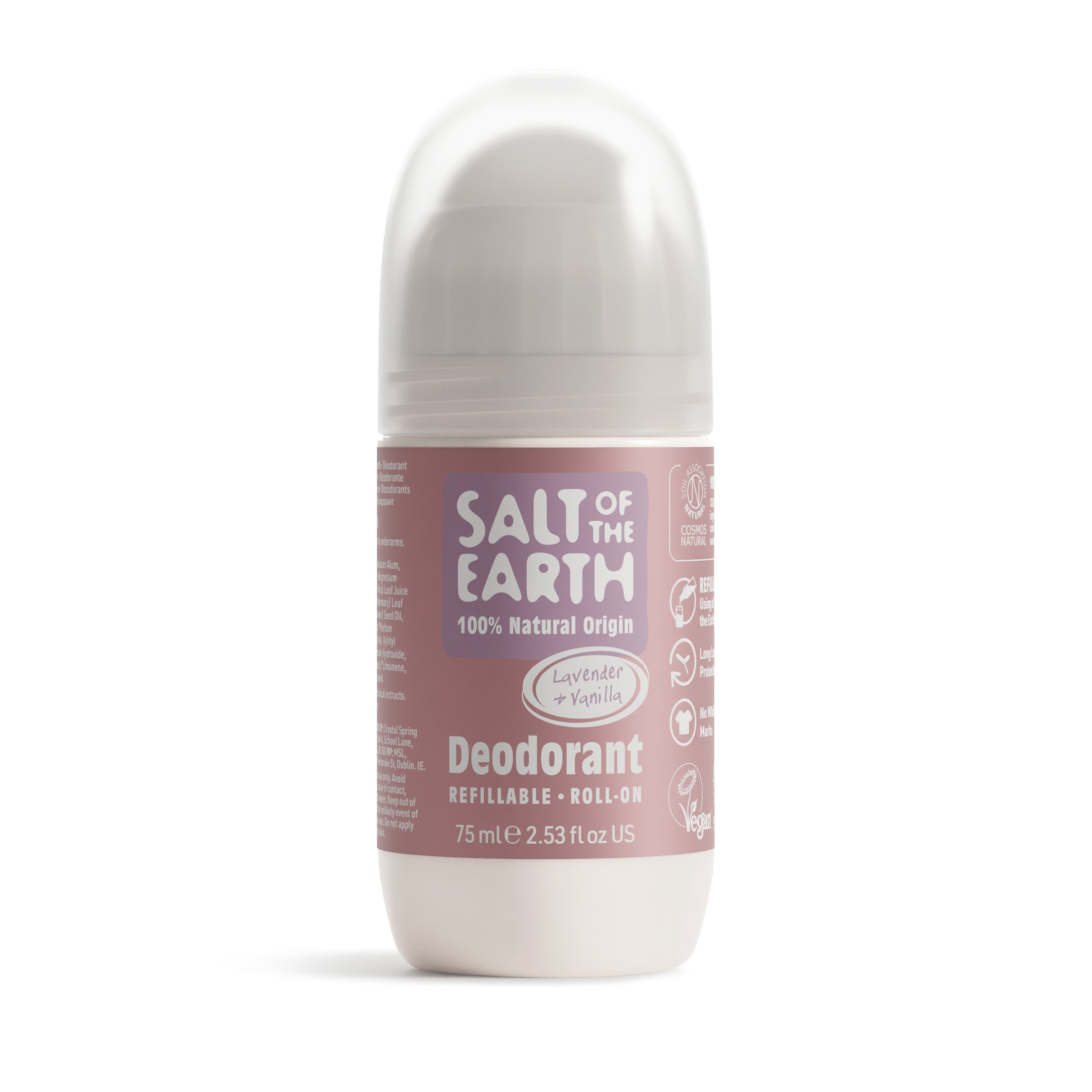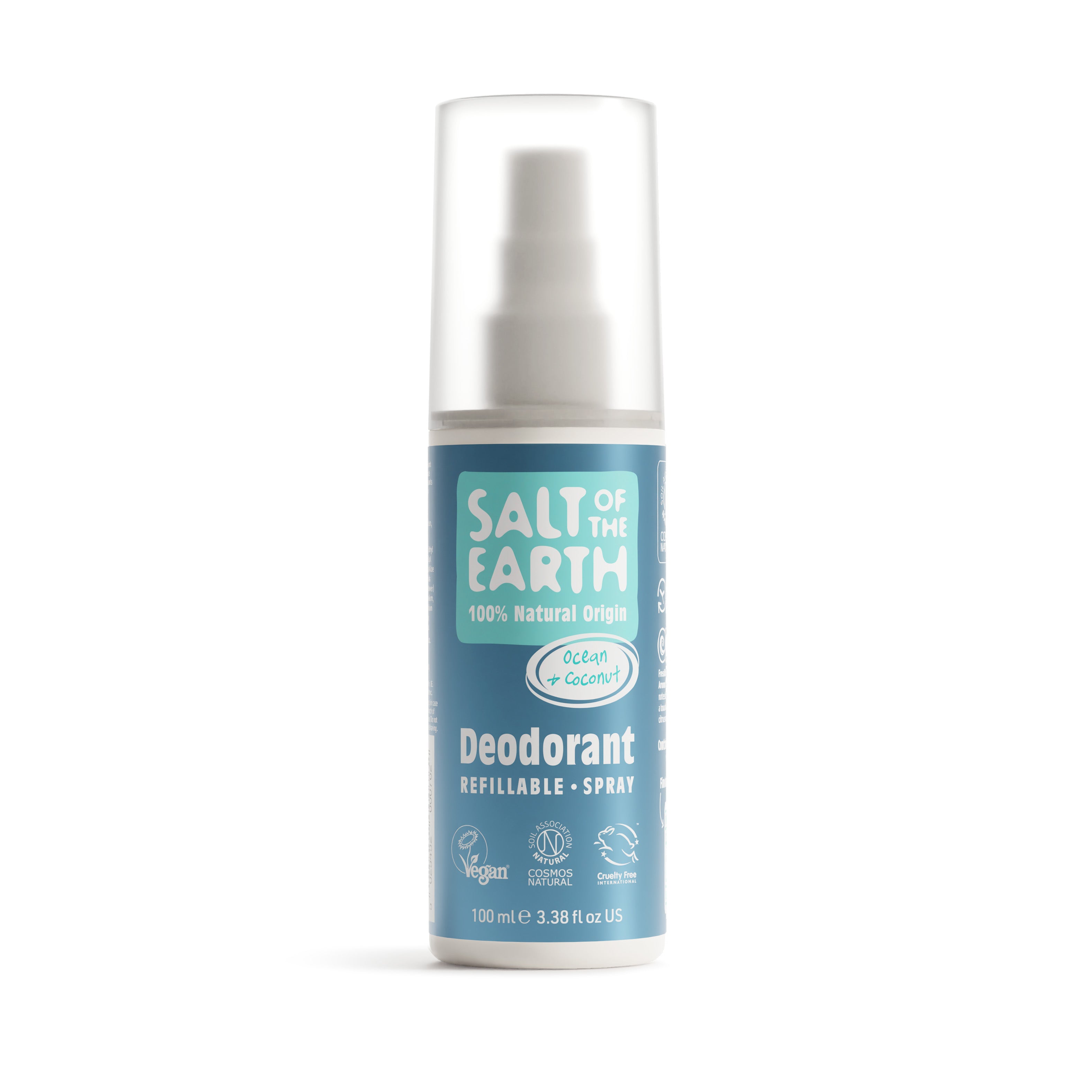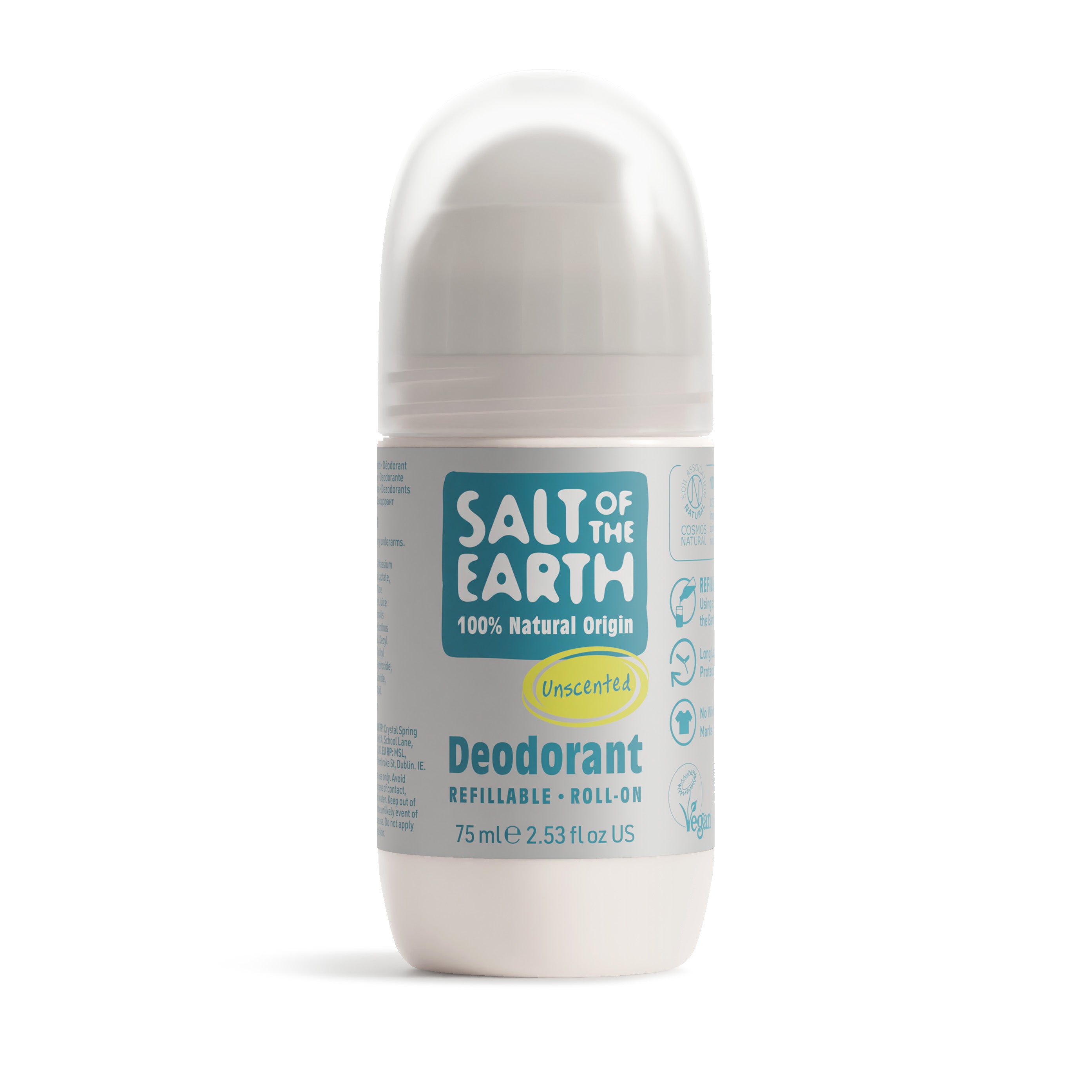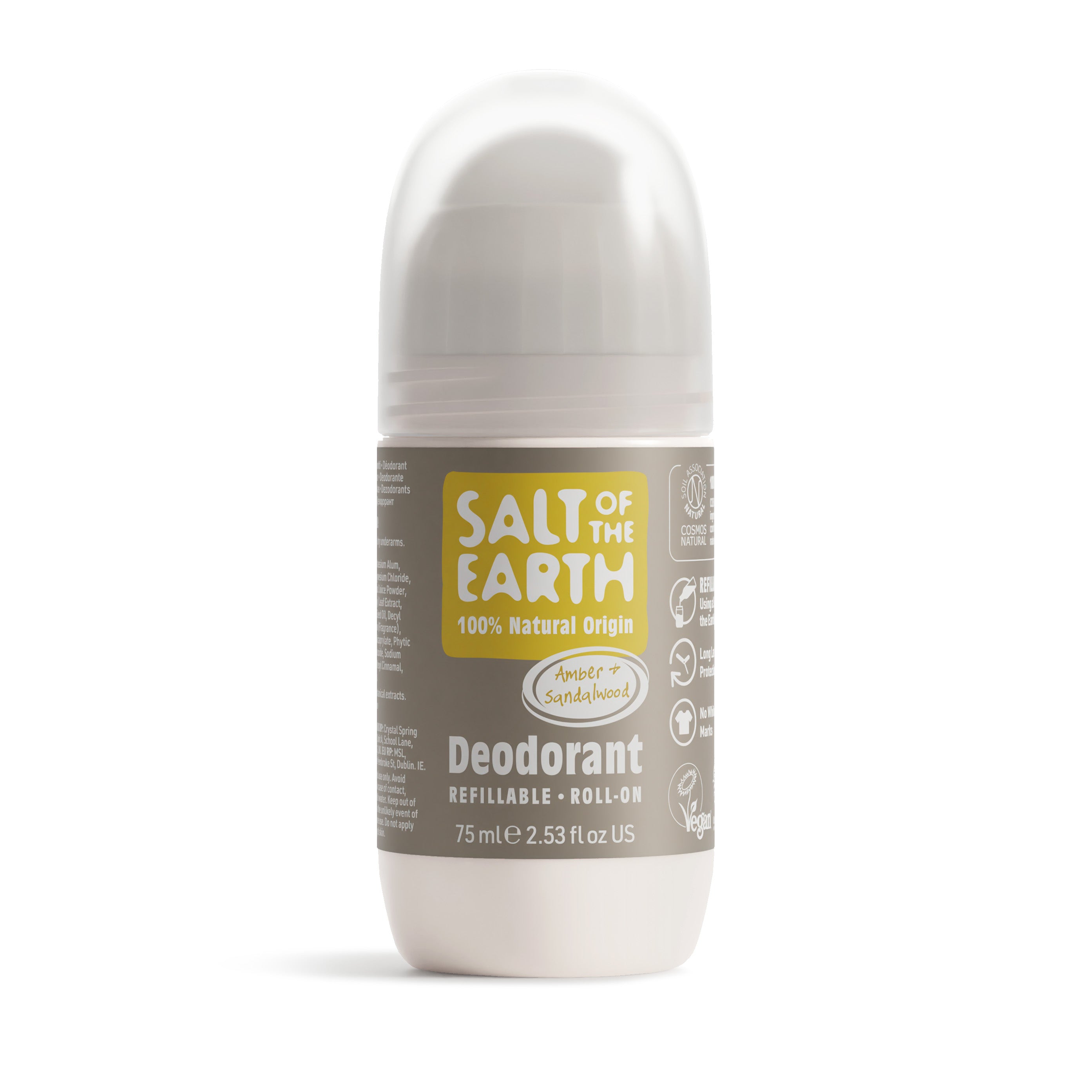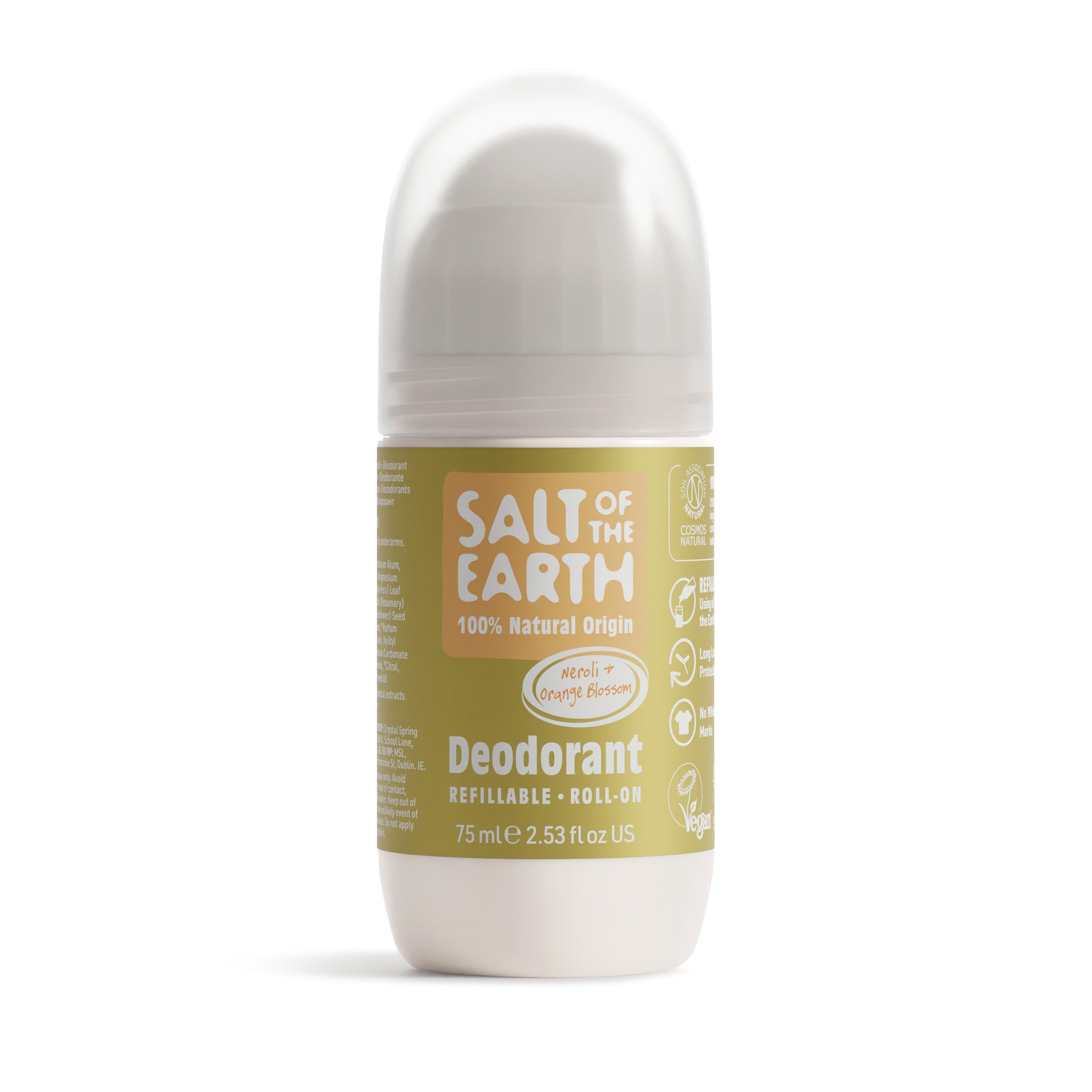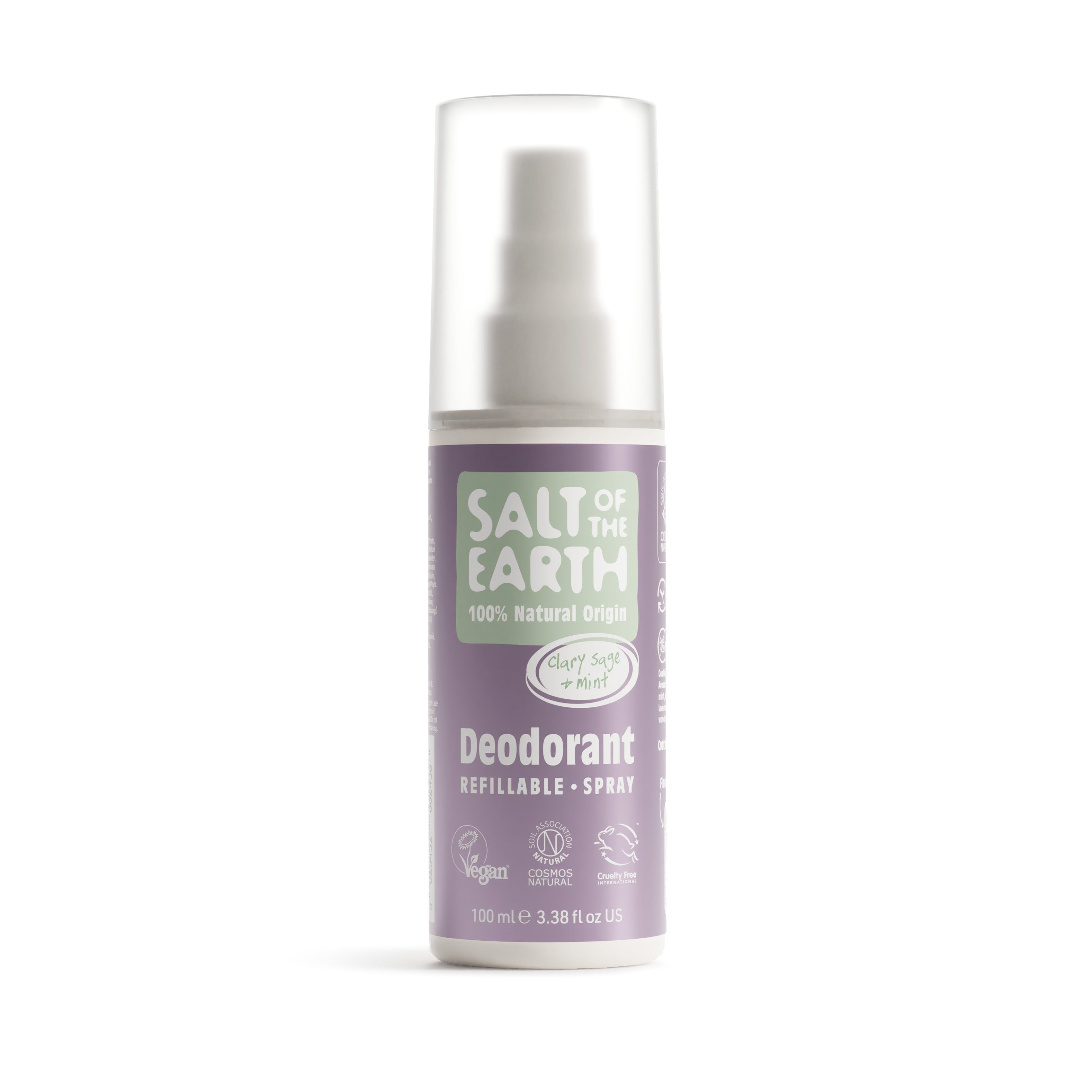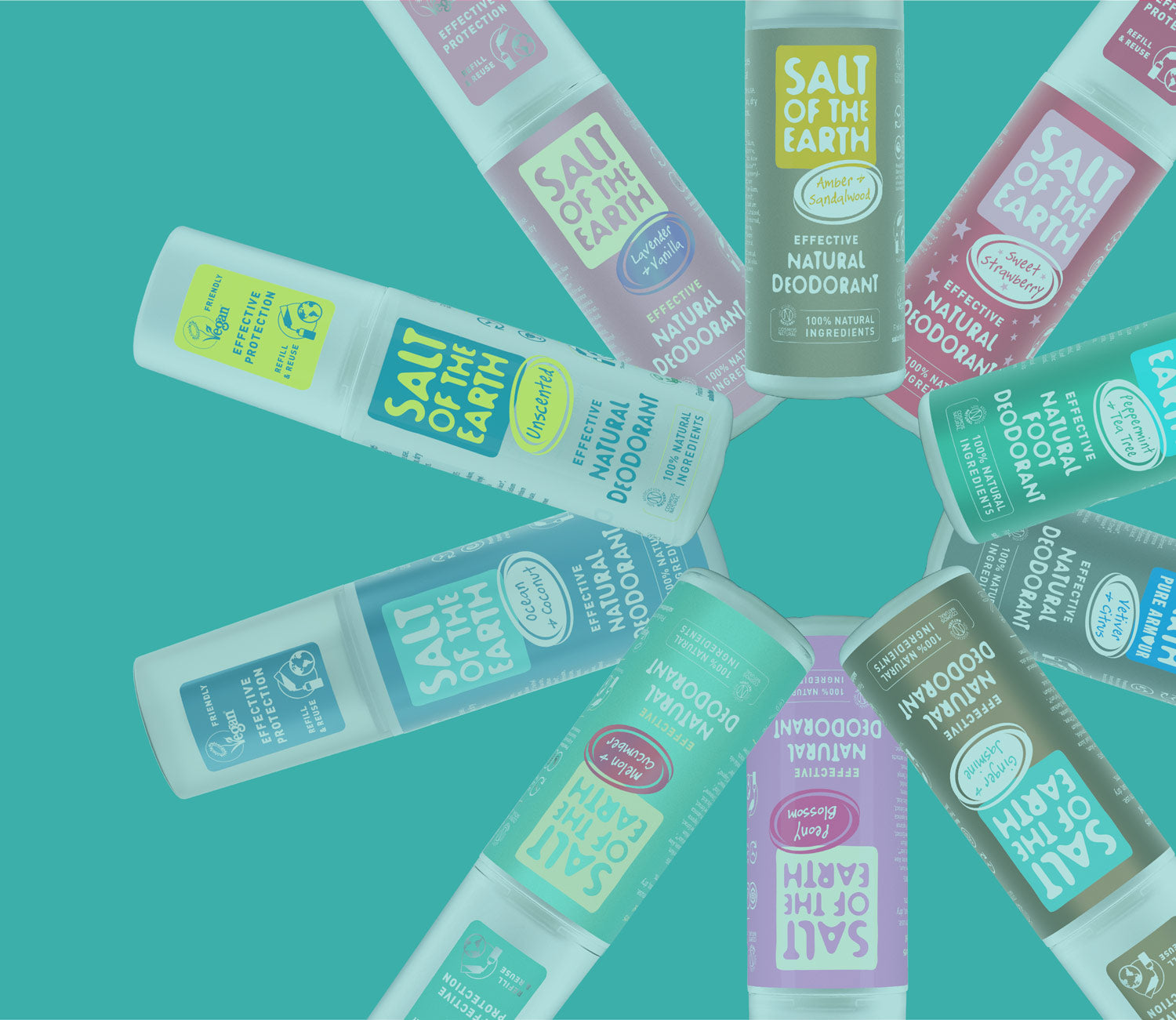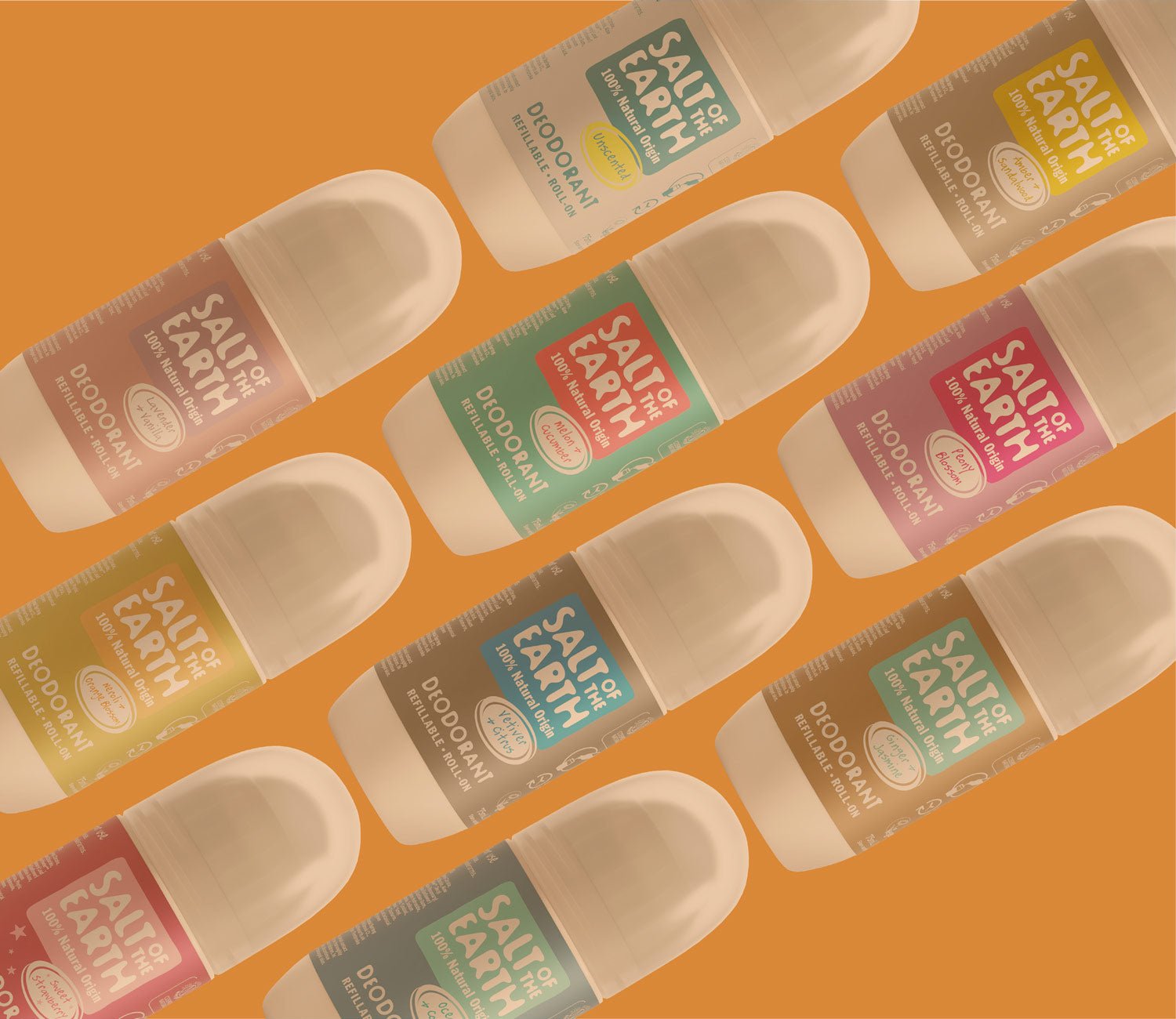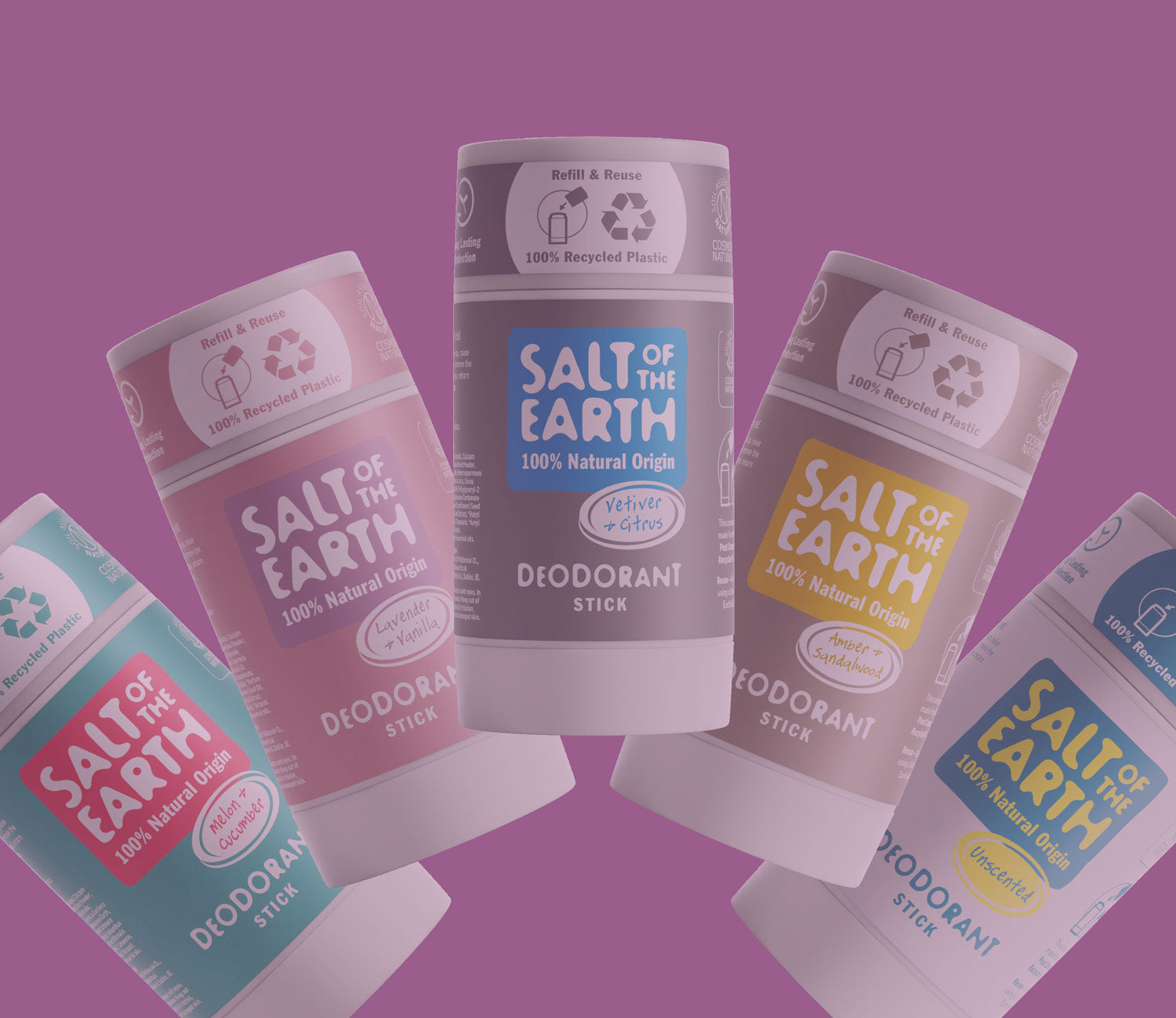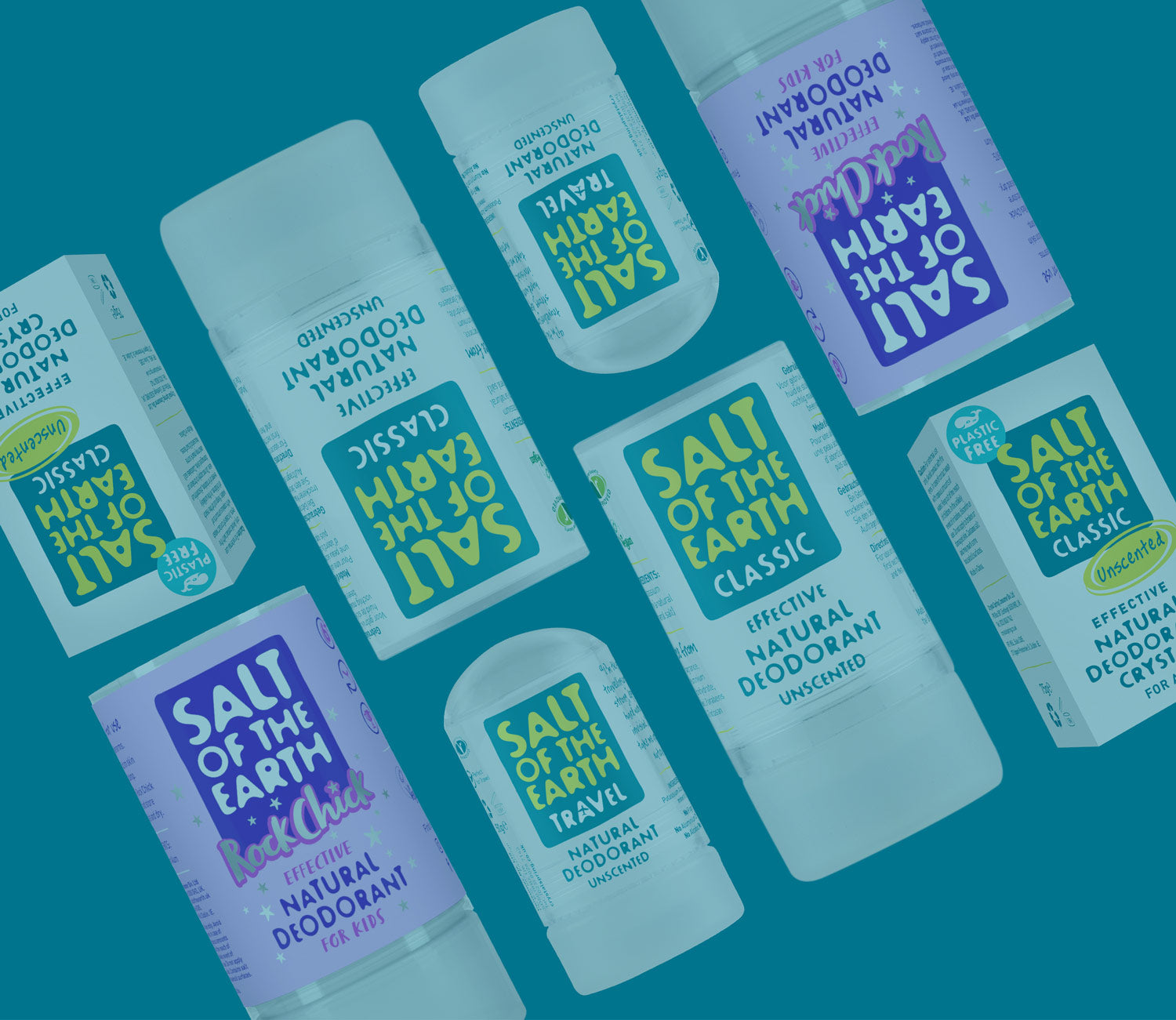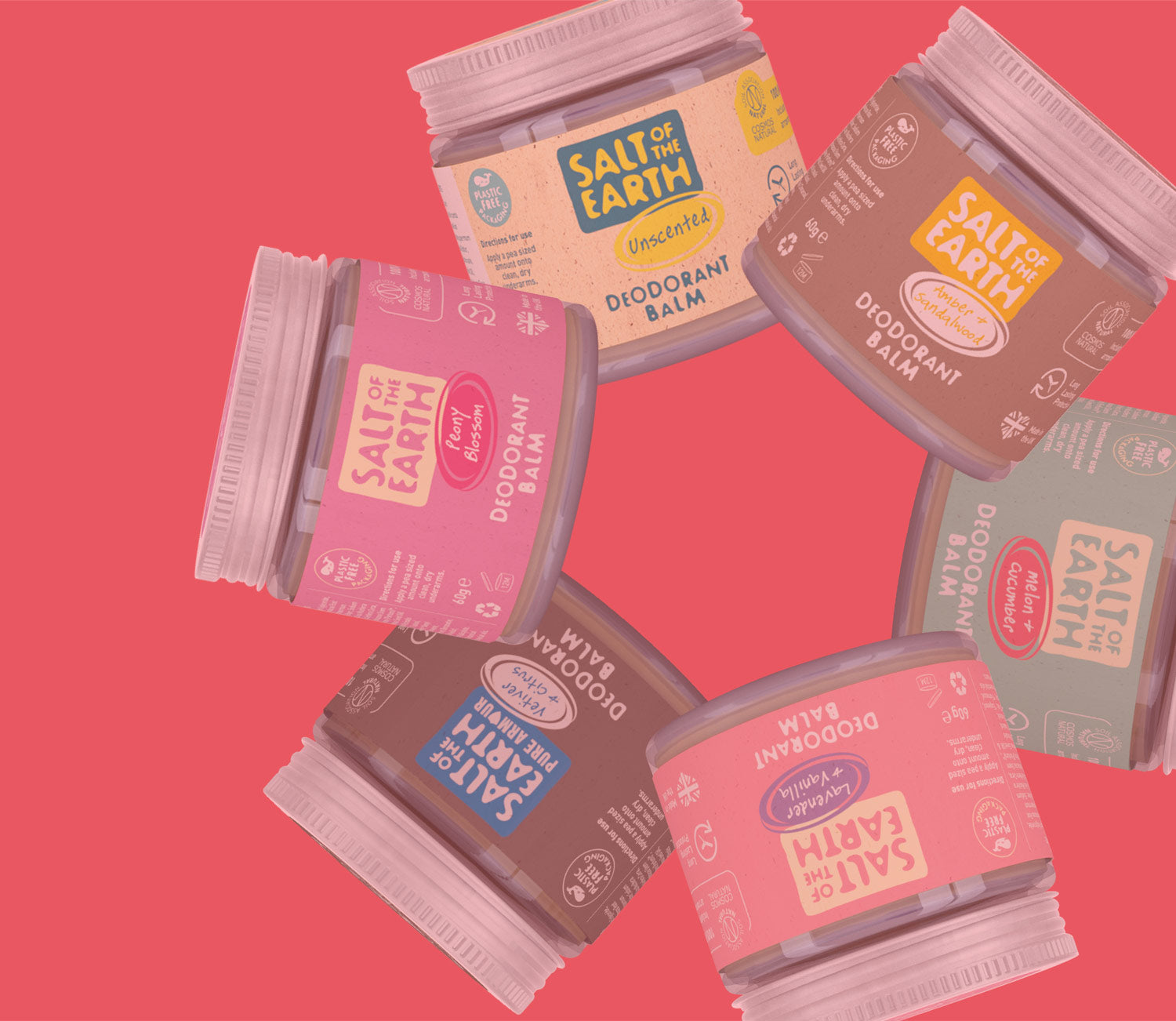A. Vogel menopause expert and Crystal Spring's guest blogger, Eileen Durward, discusses some of the more personal symptoms of the menopause, and the natural products available to combat these symptoms
There are mountains of information available about the most common symptoms in the menopause, but there are some that are not really talked about. They are very personal and you may not even want to discuss them with your best friends – today I am talking about intimate body odour.
We get lots of emails from women worried about the smell of their vagina during the menopause. This can cause real distress regarding how they smell going to work or with their friends and family and even during sex. It can really rock their confidence, which is often affected anyway at this time. I will try and explain what may be going on and how you can help yourself.
Why is it happening?
Firstly:
Falling oestrogen can affect the production of mucus in the vagina and this in turn can cause dryness and irritation and even infection. The lack of mucus, which is slightly acidic to help keep infection out, can also affect the balance of friendly bacteria in the vagina; and both these factors can result in a different smell.
Secondly:
Falling oestrogen can actually affect our sense of smell and taste during the menopause – a bit like hormonal changes in pregnancy causing a liking for foods you once didn’t like or vice versa, or that your favourite perfume now makes you feel sick. This hormonal change can cause a heightened sense of smell too; so although you think you are ‘a bit smelly’, no one else actually notices it!
What can you do for this?
If you suddenly notice you smell different, especially if you feel any irritation or are getting a strange discharge, it is important to get this checked by your doctor to make sure there is no infection present.
As long as you are not on any hormonal contraception or HRT you could try a fermented soya supplement. This is traditionally used to gently raise and balance oestrogen, so may help increase the vaginal mucus. You could also add in a daily Sea Buckthorn Oil supplement to counter dryness.
A probiotic supplement can also be helpful here especially if you have recently had antibiotics, which can affect the vaginal balance of friendly bacteria.
Dehydration may be a factor, so remember to drink plenty of plain water every day.
Shower gels and soaps contain lots of nasty chemicals, and as your skin can get a lot more sensitive in the menopause do you really want to be putting them on intimate areas? Change over to organic ones – your local health shop should have a good range available to suit your purse.
Are you using harsh chemicals in your wash? Residue from washing powders and conditioners can cling to the fabric of your knickers, irritating the skin. Or are you wearing man-made fibre underwear? These will stop air circulating, affecting both the acidity and balance of the vaginal mucus. Try using natural washing products such as Ecover for your underwear and choose only natural cotton for knickers. A lot of women also get sweaty in the groin area (often caused by hot flushes) and this can result in fungal infections and chaffing here, so this tip is doubly important!
Lastly: please don’t use any chemical vaginal deodorants. Again these contain lots of nasties, which may irritate this sensitive area.
Is there anything natural that I can use for this?
We women on the Helpline Team are big fans of Salt of the Earth Crystal Deodorants.
This natural deodorant works by leaving a thin layer of mineral salts on the skin. These natural minerals are odour inhibiting and provide long lasting protection but don’t stop the skin from breathing, which is very important.
It is also free from Aluminium cholorohydrate, which is present in most of the chemically based antiperspirants.
The deodorants are normally used for the underarm area - getting hot flushes generally can make you anxious about how you smell here and the deodorants really do stop whiffy armpits, with the added bonus that they don’t leave a white residue. For underarms you can use either the stick or spray. There is no added perfume in these two but you can also get a lavender and vanilla scented spray if you prefer a subtle perfume.
Amazingly they are also safe enough to use on the pubic/vaginal area - the unscented spray also contains Aloe Vera which is very soothing for irritated/inflamed skin. This may also be helpful for that terrible discomfort you can experience with cystitis and it may also help reduce symptoms if you suffer from an itchy, irritated or dry vagina. Use the spray rather than the stick as the stick contents will just stick to pubic hair instead of coating the skin. And - they can also be used in the groin area and under the breasts, which can get really sweaty with hot flushes.
Another really good reason to swap from chemical antiperspirants to natural deodorants such as Salt of The Earth: check out the article on antiperspirants in the Daily Mail Health Section 4/11/14
PS
Do you suffer from breast pain or tenderness? There is a theory that chemical antiperspirants may be a contributory factor, so why not try a Salt of the Earth Deodorant for a month or two to see if that makes a difference.
PPS
I used the handy travel spray - only 20ml so ideal for taking up little space in your hand luggage plastic bag - on holiday recently to Turkey and it coped with both the stress of traveling (which can make you really sweaty, especially hanging about clammy airports) and also the lovely hot weather – I was very impressed!
